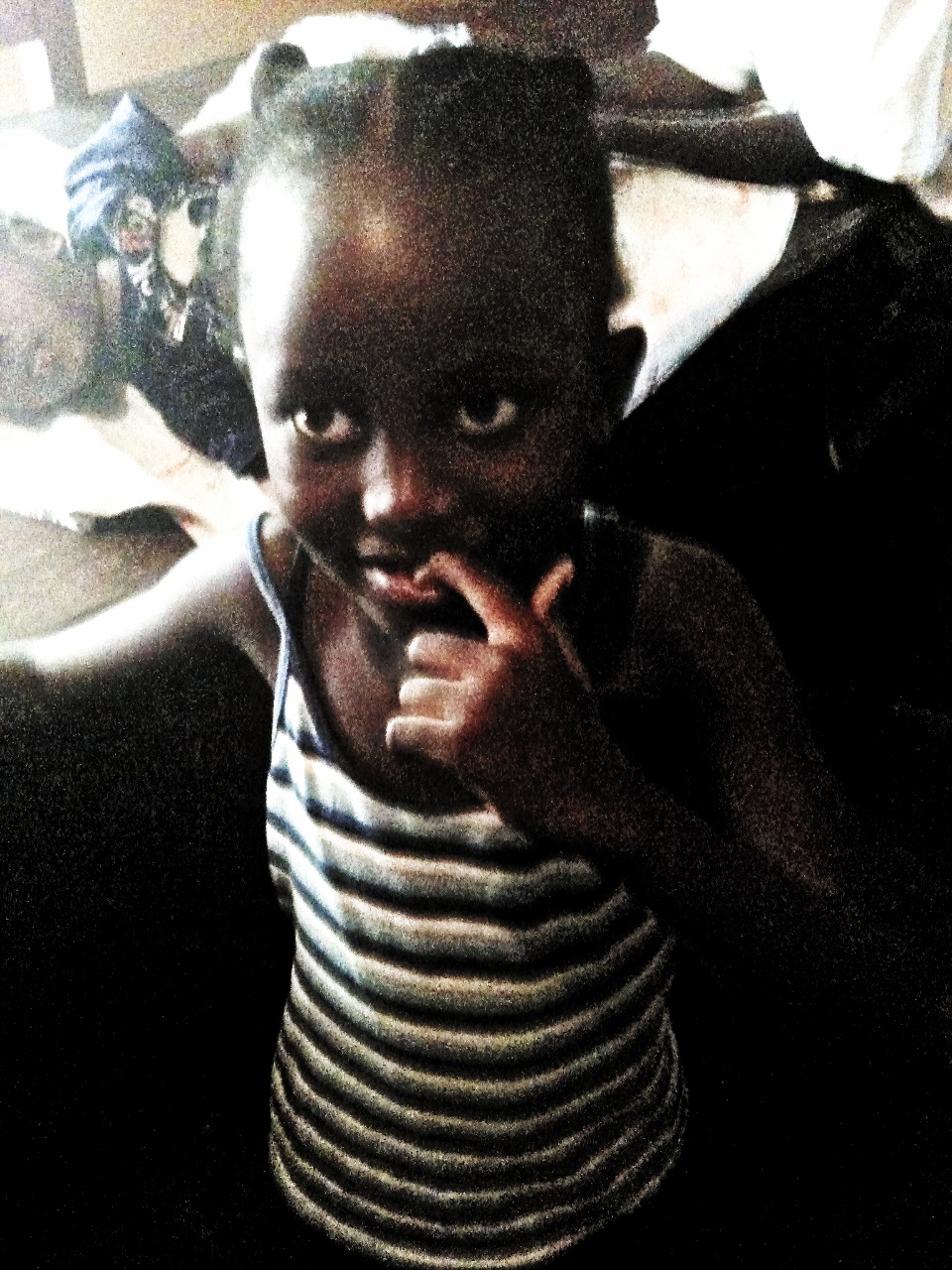As soon as I say this, I know I have asked a
stupid question. In the almost two years I have been in Liberia, I have
never seen a patient go home with written instructions from their doctor let alone
documented laboratory results. For Hepatitis B infection, I would have
liked to see if the body was producing antibodies against the protein-core of
the virus and antibodies to fight acute infection. Emmanuel nods
his head in shallow cycles back and forth. “They just told me that I have
Hepatitis B.”
“Hmmmm,” I say glancing to my closed door then
back to Emmanuel, “I am going to ask you a question that I would ask anyone who
has lost so much weight. Have you ever been tested for HIV?”
“Yes,” Emmanuel says.
“And what was the result?”
“The test was negative.”
“When did you take that test?”
“A few months ago.”
“Good,” I say, “that’s an important thing to
know.”
I begin a quick but thorough exam with the
only eventual finding that Emmanuel has lost even more weight. I guess 30
pounds since Sannequellie. Somewhere between looking for enlarged lymph
nodes in the arm pit and tapping out the size of Emmanuel’s liver, I think
selfishly, what the hell am I doing? Why am I the de-facto doctor for all IRC
staff? I am the Director of Health. My job is to create systems,
bring in money, look at our data and hire and fire people, not see
patients. I am tired of house calls. Plus, I am a pediatrician!
Through the process, Emmanuel does not
engage. He only looks to some indeterminable point in the distance.
He is so trusting but also his mind is not here. His absence brings me
back. The answer as to why I am doing this is that there is no one else.
I write down names for a few tests: basic metabolic panel (is
this guy diabetic? Is he acidotic?), complete blood count (is he
neutropenic? Is anemia causing him not to think straight?).
“Emmanuel,” I say, “I need you to go back to the place you got your hepatitis
tests and ask for the official results. I also need you to do a few more
tests so I can better understand what we are dealing with. Can you do
this this week and come back to me as soon as you are done?”
“Yes,” Emmanuel says,” I will do that. I
will do that.”
*
*
*
It is four weeks later when I am told urgently
by the Deputy Director of Operations, while walking down the IRC office
stairway, that Emmanuel is very sick at home and can’t move. A pang of
realization hits me. I had tried to call Emmanuel two weeks after we last
met, but his phone was off. But then I got really busy – visit to Lofa
County, grant proposal, a few reports—and had dropped the ball.
“What should we do?” says Seleke, “can we send
the JDJ ambulance to his house?”
“JDJ is a woman and children’s hospital,” I
say, “we can’t use their ambulance, Seleke.” I am annoyed. I have
spent months trying to curb inappropriate use of the ambulances at our
hospitals, which for years have been used as private bus, taxi or limousine for
staff. I am not about to back track.
“Take one of our Land Cruisers,” I say, “pick
him up at home and take him to Catholic Hospital where I can manage him.
If he goes to JFK then he will got extorted then lost. Do not take him to
JDJ.”
“Don’t take him to JDJ?” Seleke asks. I
want to slap Seleke across the head.
“Have Mousa take Seleke to Catholic Hospital
and to call me when they are close,” I repeat, “I will meet them when they get
there.”
It is normally strange for a doctor who
doesn’t work at a particular hospital, to dictate the care at that hospital,
but this is Liberia, there are no doctors, and I have given sufficient
pineapples to Catholic Hospital staff and enough calls to their Medical
Director for them to know who I am and what I am about. In the emergency
room, I am greeted by a confused Emmanuel who tries haplessly to get out of bed
but is too weak to do so but just strong enough to risk falling onto the
floor. He is confused and now he is yellow. He isn’t oriented
enough to know who I am and he doesn’t talk. Five of Emmanuel’s family is
present, including his wife who is young and obviously in the last stages of
pregnancy. It looks as if she could deliver on the spot.
“Emmanuel, what’s going on,” I ask, “why are
you in the hospital? The hospital is for the sick.”




